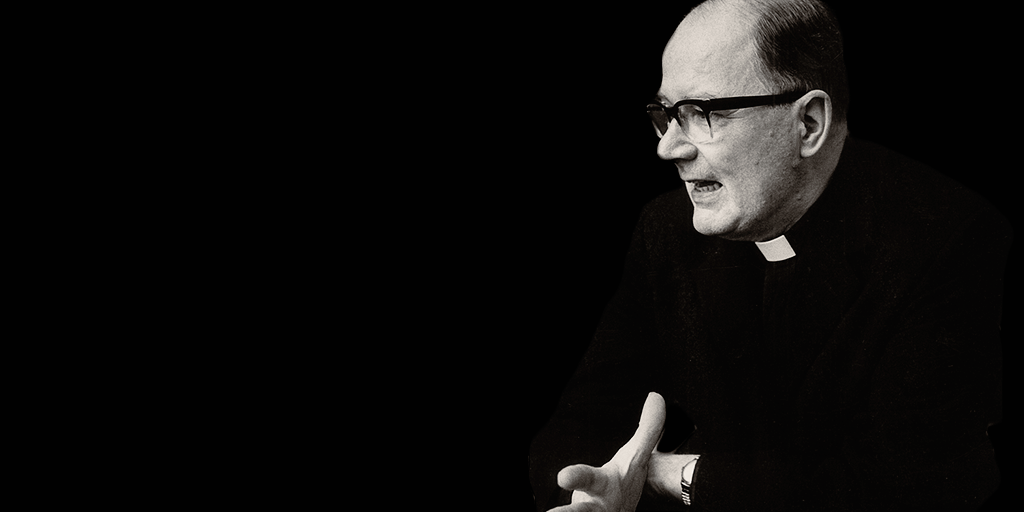Blog - Blogue

-
Débuter, commencer, ouvrir… l’année!
mardi 06 septembre 2016« Débuter »? Le verbe dit seulement, selon son étymologie, quitter un lieu, un poste. Cela dit partir. Pas plus. Débuter une année universitaire signalerait alors simplement ce qui avait été un but… pour aller vers un autre. Ainsi, nous quittons le temps estival des vacances pour entrer dans une période où nous nous retrouverons à l’université, dans le temps des universitaires! Drôle de temporalité en ce lieu, je puis vous en assurer! Mais je crois fermement que quitter les canicules et même les vacances pour ce qui peut survenir pendant l’année universitaire vaut le départ. Que de choses intéressantes, de lectures enrichissantes, d’événements surprenants peuvent survenir en cours d’année! Et tout est loin de se passer dans les nuages et la stratosphère conceptuelle, croyez-moi…
« Commencer »? Avec ce verbe, il s’agit moins de partir en quittant quelque chose que d’entrer dans une expérience. Dans commencer, à l’origine, il y avait l’idée d’une initiation. Et qui dit initiation ne dit pas seulement recevoir un enseignement et être soumis à l’apprentissage de nouveautés porteuses d’une aura de vérité. Initier dit aussi un parcours qui transforme, qui fait vivre, sentir et penser autrement! Être initié, avec d’autres, par d’autres : vivre l’expérience universitaire n’est pas quelque chose de solitaire qui coupe du monde. L’expérience universitaire vous transforme pour voir et vivre le monde différemment, intensément.
Enfin, « ouvrir »? Ce verbe implique que quelque chose était fermé ou voilé et qu’il est possible de l’ouvrir, de le dévoiler : un esprit, un horizon! Ouvrir, c’est aussi découvrir et, dans le cours d’une année universitaire, les découvertes abondent : on y découvre des gens, des idées, des pratiques insoupçonnées! Le verbe « ouvrir » implique aussi, dans ses racines latines, l’idée de creuser, d’aller en profondeur, de ne pas en rester en surface. Pendant l’année universitaire, il est certain – tant pour les professeurs que pour les étudiants et étudiantes – qu’il reste encore et toujours des idées à approfondir, des arguments et des propositions dans lesquels plonger. Difficile, en tous les cas de se satisfaire de rester sur place avec des opinions toutes faites.
Commencez donc par vous laisser surprendre et émerveiller! Puis creusez de manière critique ce qui vous sera offert… Qui sait où ce début vous mènera? Qui sait ce qui s’ouvrira à vous?
-
On Bernard Lonergan, S.J.
jeudi 14 juillet 2016The Canadian Jesuit Bernard Lonergan influenced a good number of students in all three departments of Dominican University College, principally through the teaching of Gaston Raymond, O.P., in the Faculty of Philosophy and at the Institut de pastorale, and of myself in the Faculty of Theology. I have expressed my intellectual debt to Lonergan in several articles and in my book Engaging the Thought of Bernard Lonergan (published by McGill-Queen’s University Press in 2016).
I first met Lonergan in 1972, at Regis College, University of Toronto. Upon learning that I was a Dominican from Ottawa, he immediately praised the 1953 edition of Thomas Aquinas’s Summa Theologiae (called the Piana edition), done by the Dominicans in Ottawa.
Another instance of his courtesy took place in 1978, at the launching of Pour une méthode en théologie (which I had edited and which was the French translation of his book Method in Theology). Before that event took place, I had had the privilege of enjoying good conversation with him in Toronto where, during the summer of 1974 as a confrère and I were translating parts of Method, we would always speak in English. However, during the launch of the translation of his book, we were not in Toronto, but in Montreal. As usual, I greeted him in English, but he replied in French. I was impressed by his sensitivity to the French-Canadians’ desire to speak French in Québec.
Likewise, he was always considerate in his letters to me, written in English, and yet sometimes with a few words in French. For instance, after I had sent him a first draft of the translation (done by a friend and me) of chapter 1 of Method, he consulted with another Jesuit, Jean-Marc Laporte, who mentioned that our French translation was too literal. So Lonergan suggested to me: “Write it as a Frenchman would put it.” At the end of his letter, he added: “En dépit de cette lettre, je ne suis pas un ours!”
Regrettably, I was less tactful when, being a young and would-be-critical theologian, I had the audacity of saying to him, “In your book, Father Lonergan, you repeat yourself.” Smiling, he replied, “Old age, you know.” But a couple of seconds afterward, he reconsidered and pronounced, “No, good things recur!”
At the launching of Pour une méthode, my father met him and, being an engineer and hence rather concise, he said to him: “My son would not have decided to translate your book had he not been convinced it was a great book” (emphases that my father made orally). Lonergan loved that twofold compliment and disclosed it to a few people who reported his reaction to me.
On August 16th, 1977, he wrote to me: “I was touched by your wishing me ‘joie spirituelle’. Most sincerely I hope and pray that it be yours. After twenty-four years of aridity in the religious life, I moved into that happier state and have enjoyed it for over thirty-one years. But I have no doubt that God’s love is always with us no matter how we feel.” (The letter is in the archives of the Lonergan Research Institute in Toronto; it was made public by Frederick E. Crowe, S.J., in 1992, with my consent, and it was also quoted by Gordon Rixon, S.J., in 2001.)
One night, in a dream, I met Bernard Lonergan. He remained silent and he looked at me. His calm and insistent eyes conveyed his desire that I should accomplish my life’s task. Upon awakening, the image lingered of this solicitous elder, to whom I owed so much intellectually and spiritually, who had come to remind me of my philosophical-theological vocation. The following morning, that is, on November 26th, 1984, when I learned that he had just died, I understood the significance of his penetrating gaze and of his silent communication.


